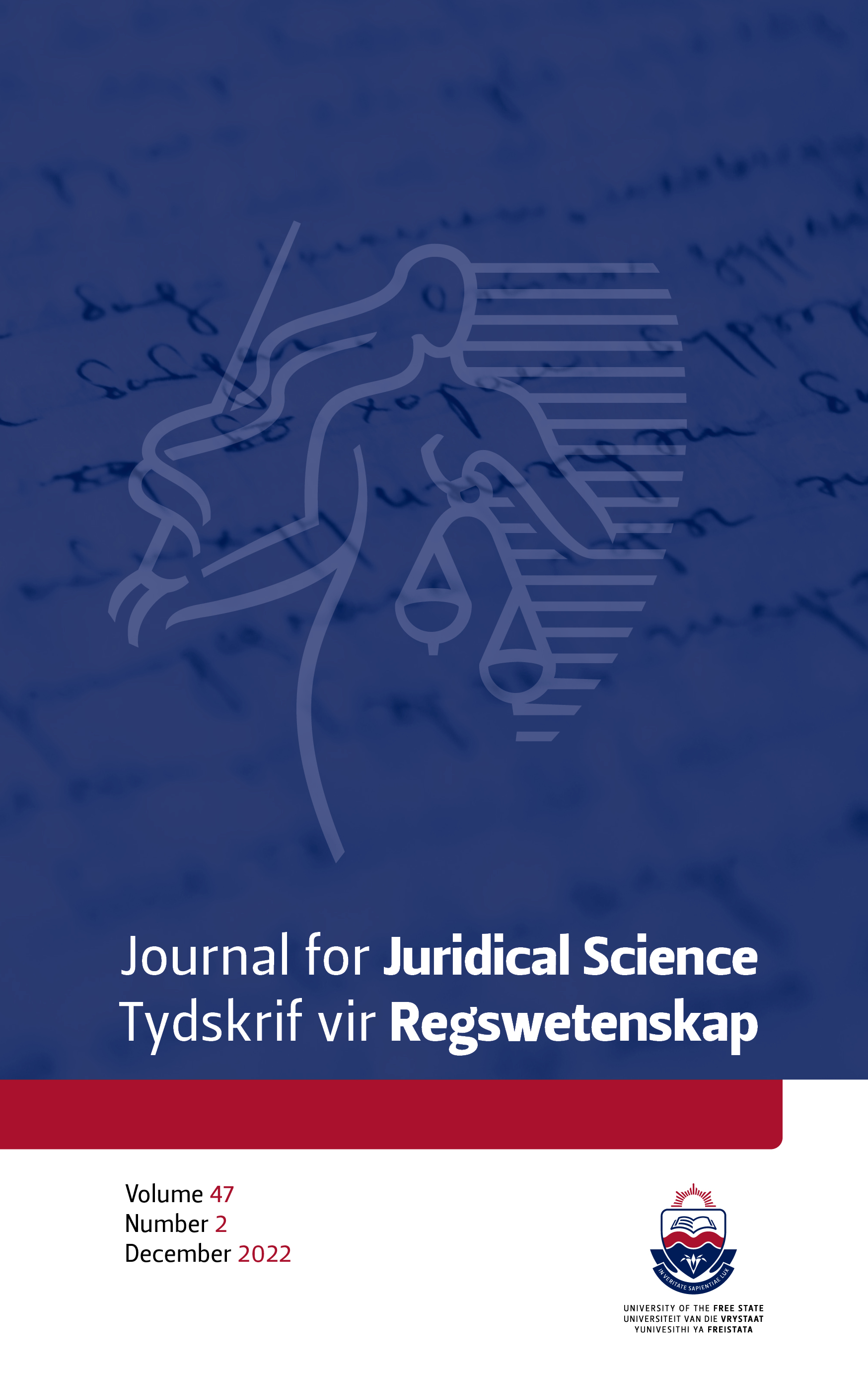Re-theorising international agricultural trade regulation to realise the human right to food in developing countries
DOI:
https://doi.org/10.18820/24150517/JJS47.i2.4Abstract
The call to re-theorise international agricultural trade regulation to advance the human right to food has gained traction in various international platforms, including the United Nations (UN) and the World Trade Organization (WTO), among others. The emerging consensus is that the WTO-driven liberal rules on agricultural trade regulation have been unable to deliver effective outcomes for the realisation of the human right to food. This article explores options for re-theorising the regulation of international trade in agriculture to strengthen synergetic linkages with the obligations imposed on States to respect, promote, fulfil, and realise the human right to food enshrined under the International Covenant on Economic, Social and Cultural Rights and a number of other international human rights instruments. It contends that existing legal theories provide the basis for a plausible theoretical justification for incorporating explicit human right to food obligations into the WTO framework for agricultural trade regulation through the reform of key provisions of the WTO Agreement on Agriculture (AoA) pertaining to market access, domestic support to agriculture, and export subsidies. Theories of sustainable development and distributive justice theories spawn a comprehensive egalitarian imperative for re-conceptualising the rules of the AoA in pursuit of realising the human right to food, especially in developing countries.
Downloads
##submission.downloads##
Published
Issue
Section
License
Copyright (c) 2022 Author(s)

This work is licensed under a Creative Commons Attribution 4.0 International License.




